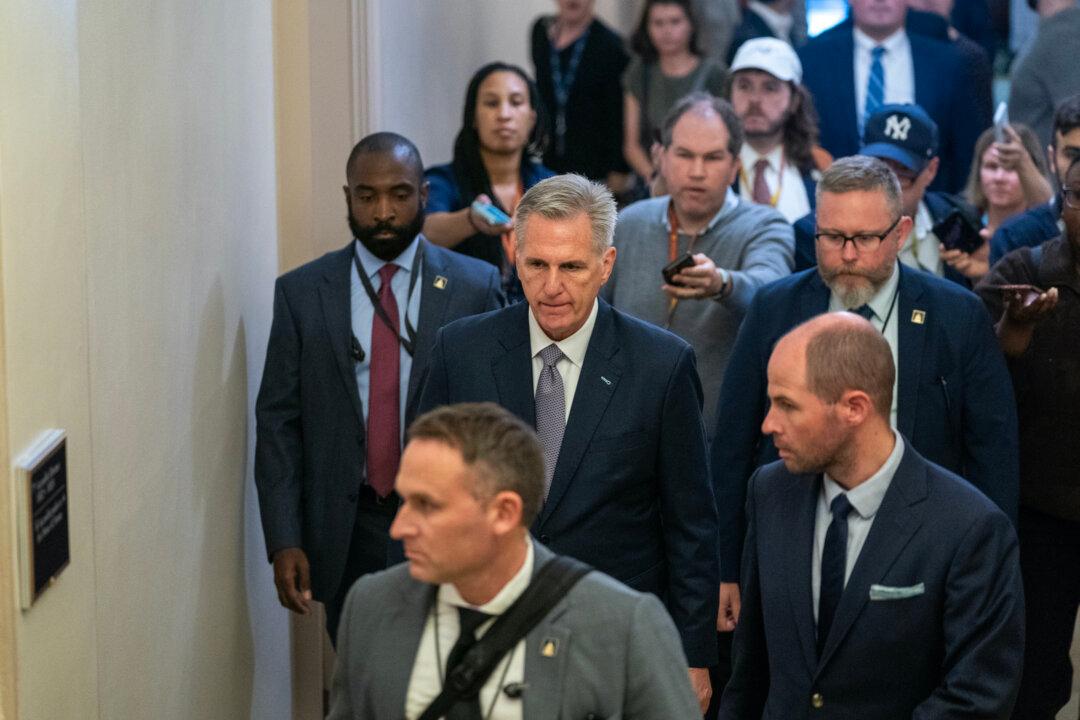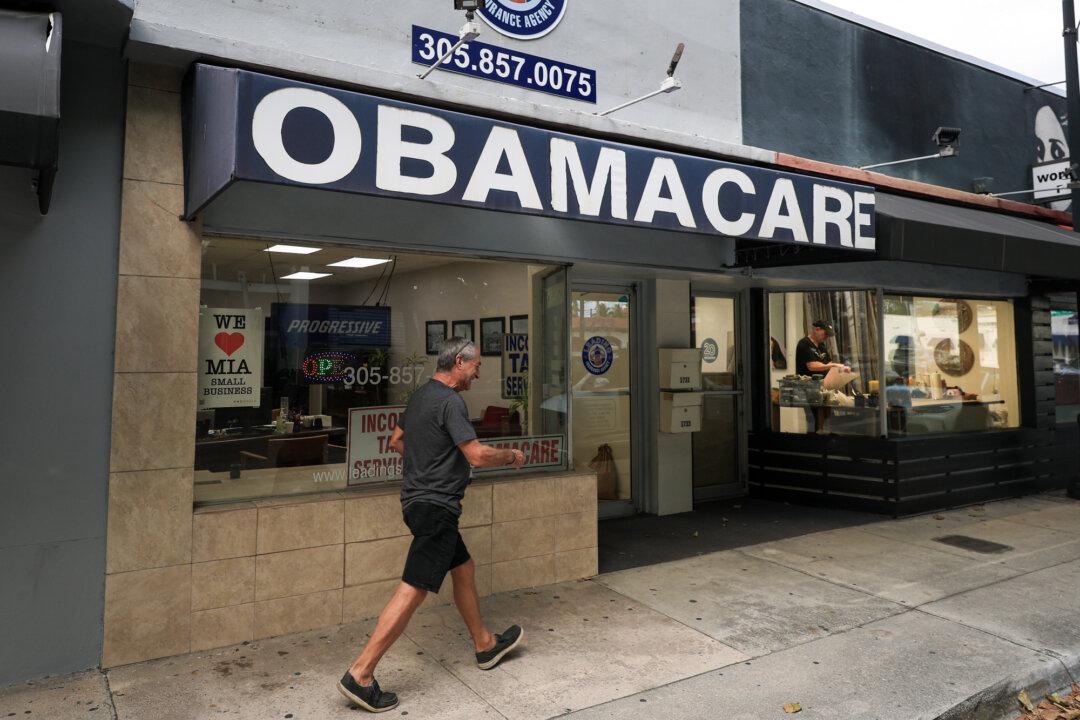House Republicans are set to vote on a 45-day extension of federal spending that includes no spending cuts and adds funding for disaster relief in an attempt to avert a government shutdown at midnight on Saturday.
A GOP-sponsored 30-day continuing resolution (CR) that included spending cuts and border security enhancements failed yesterday as 21 Republicans voted with Democrats to defeat the measure.





